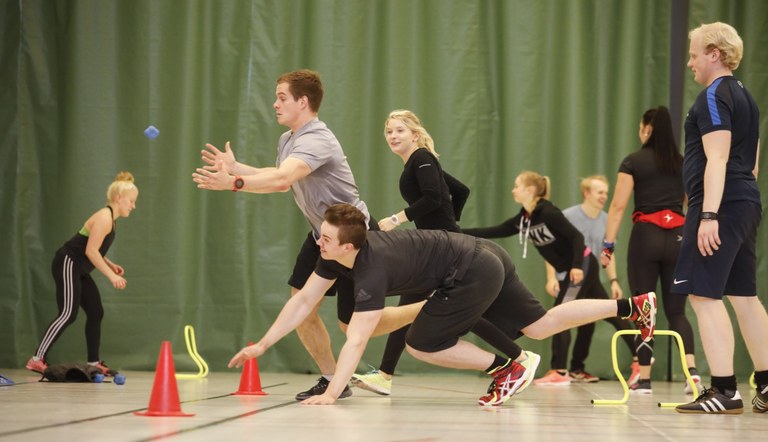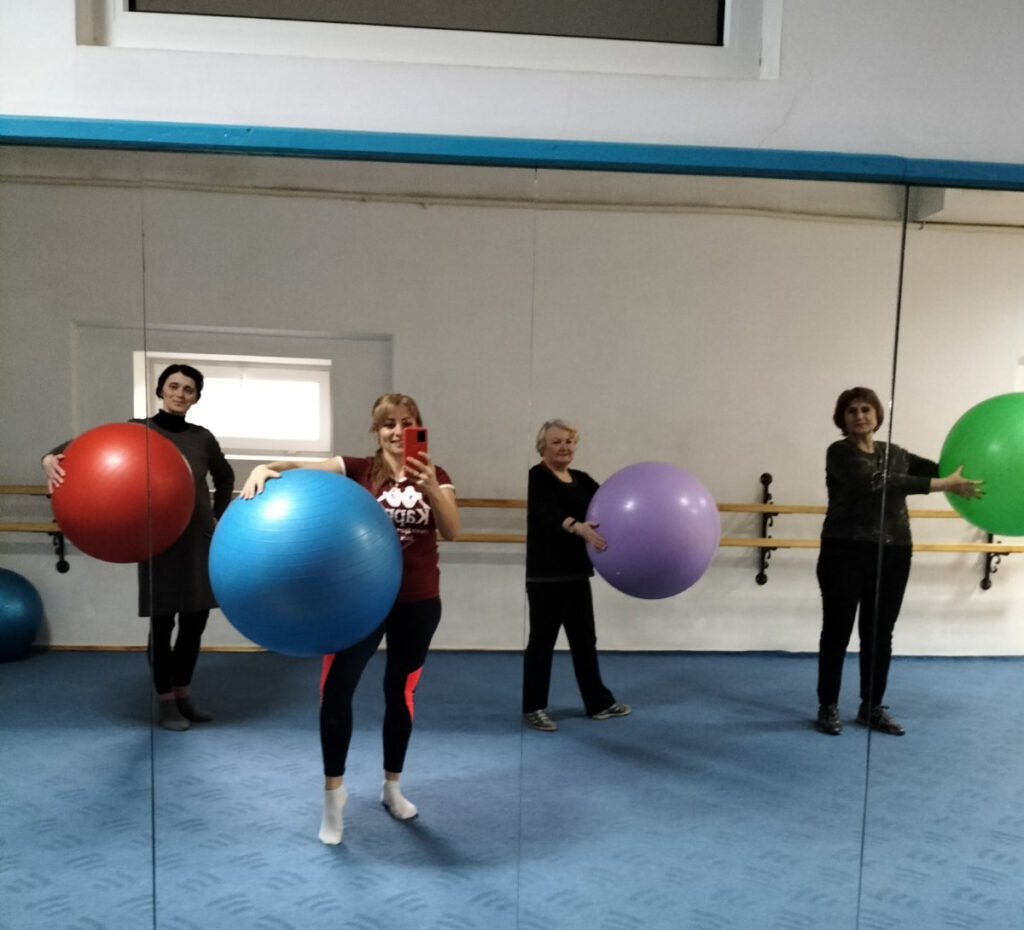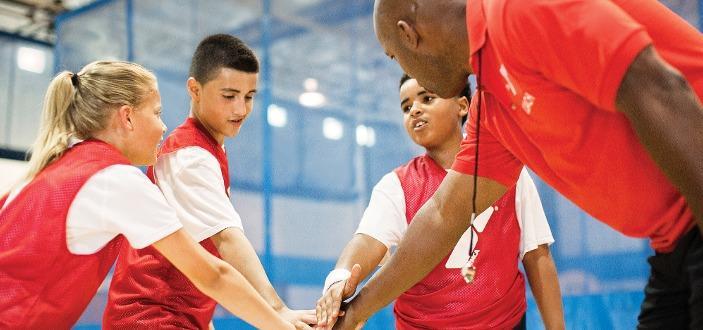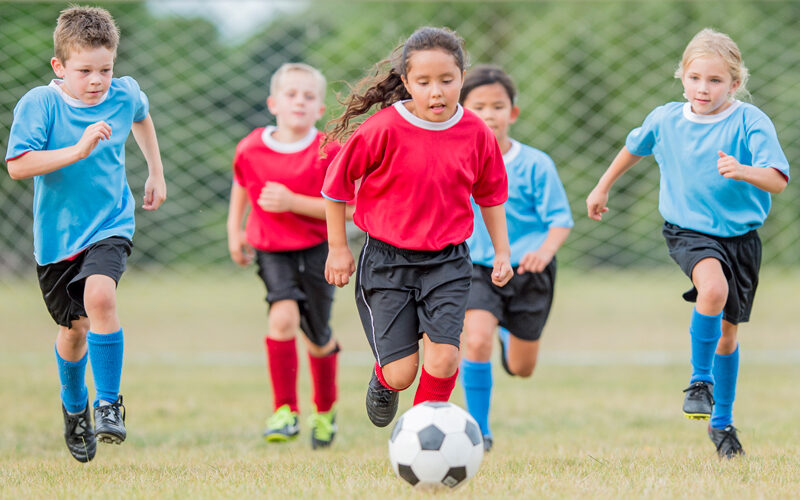One of the main benefits of exercise is its effect on stress levels and maintaining emotional balance.
The fact is that sports are controlled by the motor (motor) cortex of the brain; during training, this area is actively involved and requires energy for the entire brain as a whole. Therefore, the prefrontal cortex, which is responsible for our emotional response to stress, simply does not have enough resources and cannot maintain stress. Thanks to this, during sports, we feel more calm and confident.

It is important to remember that it is better to choose short-term activities, such as light aerobic training, to combat stress, while high-intensity activities will lead to the opposite effect.
Moreover, regular aerobic exercise helps to increase stress resistance in general. A study by Peter Salmon, published in Clinical Psychology Review, points to the reason for this relationship: aerobic exercise increases levels of neurotransmitter hormones such as serotonin and norepinephrine, which cause the brain to generate new neurons.
Also Read: 5 Ways to Experience Less Stress
How sport affects health and well-being: 6 effects confirmed by science.
Workout improves knee health
There are many myths around the effect of aerobic exercise on the knees and joints. One of them: knee problems are caused by running. This is indeed possible, but more often than not, knee pain is due to overuse or improper technique. Excluding these factors, running, on the contrary, reduces the likelihood of osteoarthritis of the knee. Scientists came to this conclusion as a result of an eight-year experiment involving 2637 people. The researchers found that the more often people ran, the less likely they were to develop knee pain or osteoarthritis. This may be because running helps people control their body mass index (BMI) and strengthen leg muscles and bones.
Read also: what is body mass index (calculator attached) and why it can not be trusted
Training is good for the cardiovascular system
Exercise has a positive effect on the cardiovascular system. During training, muscle tissues require more oxygen and other substances for their vigorous activity, and the body provides this by increasing the heart rate. In addition, as a result of the release of adrenaline during physical exertion, the vascular wall is strengthened and the tone of the cardiovascular system increases.
Moderate workouts with a heart rate of no higher than 120-130 beats per minute are considered good for the heart, for example, cardio training, running, swimming, skiing, cycling. Short-term but regular exercise promises significant heart benefits: according to a study published in the Journal of the American College of Cardiology, just five minutes of daily running can add several years to your life.
See also: how not to harm the heart during exercise – doctor’s advice

How sport affects health and well-being: 6 effects confirmed by science.
Sports help develop the brain and fight age-related cognitive decline
Playing sports is one of the most effective ways to preserve cognitive abilities with age (thinking, orientation in space, learning, the ability to remember and formulate information). Aerobic activities such as running and brisk walking are especially effective. According to a review of scientific publications, such training improves memory, concentration, and the ability to switch between tasks. Thus, exercise helps slow or prevent cognitive decline with age.
Make sports your healthy habit, and you will notice positive changes in your life and well-being very quickly.



